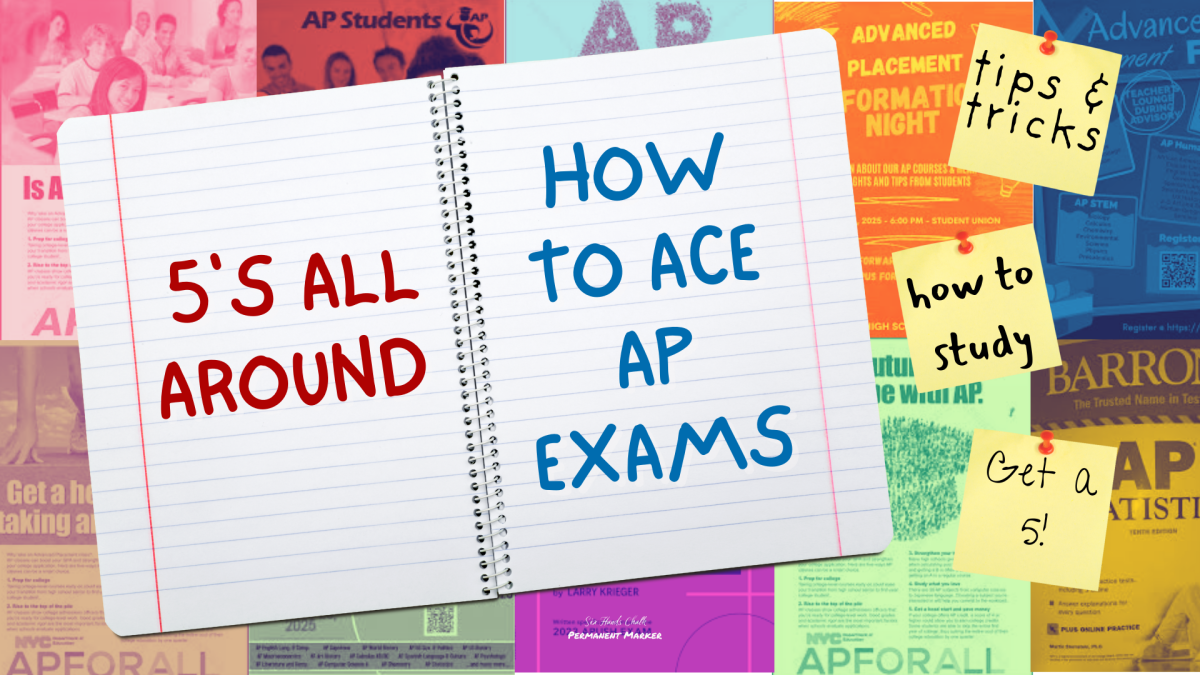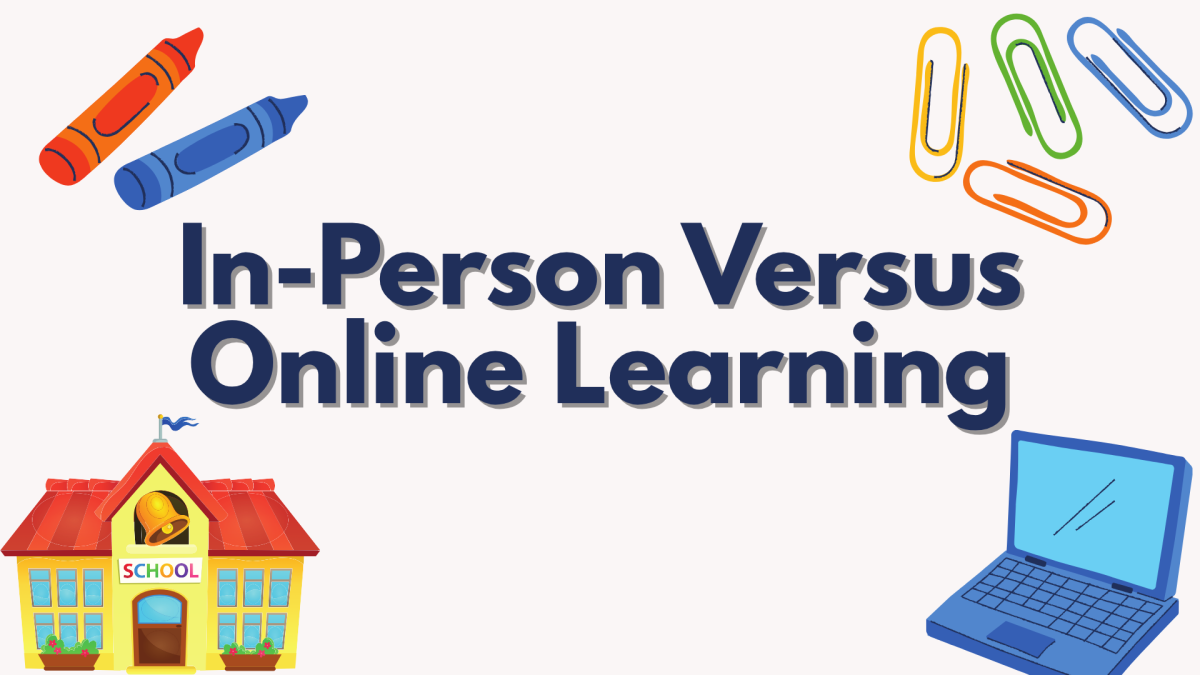AP exams are just a couple of weeks away, which means the time to start studying is now. Understanding and memorizing a school year’s worth of material can be the most difficult part about AP tests, but luckily, the best studying techniques have been researched and can offer students helpful tips. Even if the school year was spent keeping up with assignment after assignment, or cramming the night before, a 5 is still attainable.
The best initial step to take while preparing is to decrease anxiety. Studying such large amounts of material can be overwhelming, so dividing it into units and creating a schedule can reduce nerves. According to “The Influence of Stress and Emotions in the Learning Process,” a study done by the National Institute of Health, high amounts of stress can negatively impact the brain’s memory retention and ability to effectively learn. So, building a personalized lesson plan can keep learning material organized and exponentially reduce stress levels.
Auva Movahedi, a student at Huntington Beach High School (HBHS) stated, “Harder AP tests like AP Chem, Physics, or APUSH have a lot of online resources including flashcards or practice tests that a lot of people have either used for verified. Using those to check your knowledge becomes really important as the actual test comes around.”
Understanding the testing format is also a large factor that can help ensure a high score on any AP test. In addition, having a good understanding of how questions and answers are worded can also make the testing experience easier. Utilizing resources like practice AP tests can be extremely helpful. Being exposed to something similar before the actual exam can help soothe the nerves and result in a higher test score.
Alisa Spasov, a student at HBHS, shared how she studied for past AP tests. “I went to the study sessions my teacher had and I also reviewed my notes and did a very useful method where I rephrase each topic and try to explain and teach someone who doesn’t know it,” she said.
Group studying can also be very beneficial for students looking to thoroughly understand the material. Building study groups with peers gives all the members an opportunity to actively study, retain information and hold each other accountable. Bouncing ideas off one another and solving problems in real time is overall more enjoyable, provides emotional support and simultaneously prepares everyone for AP exams.
Norah Howell, a sophomore at HBHS said, “I’ve started studying in recent days and mostly gone over chapters, making flashcards and most importantly, taking notes on my previous notes.”
Testing anxiety is a real thing and sometimes big exams can feel detrimental to one’s academic career. Testing is important in showing information retention, but it does not define anyone as a student. The best thing to do in preparation is destress, review content so you can enter the exam with confidence. A 5 is very well possible, good luck!








